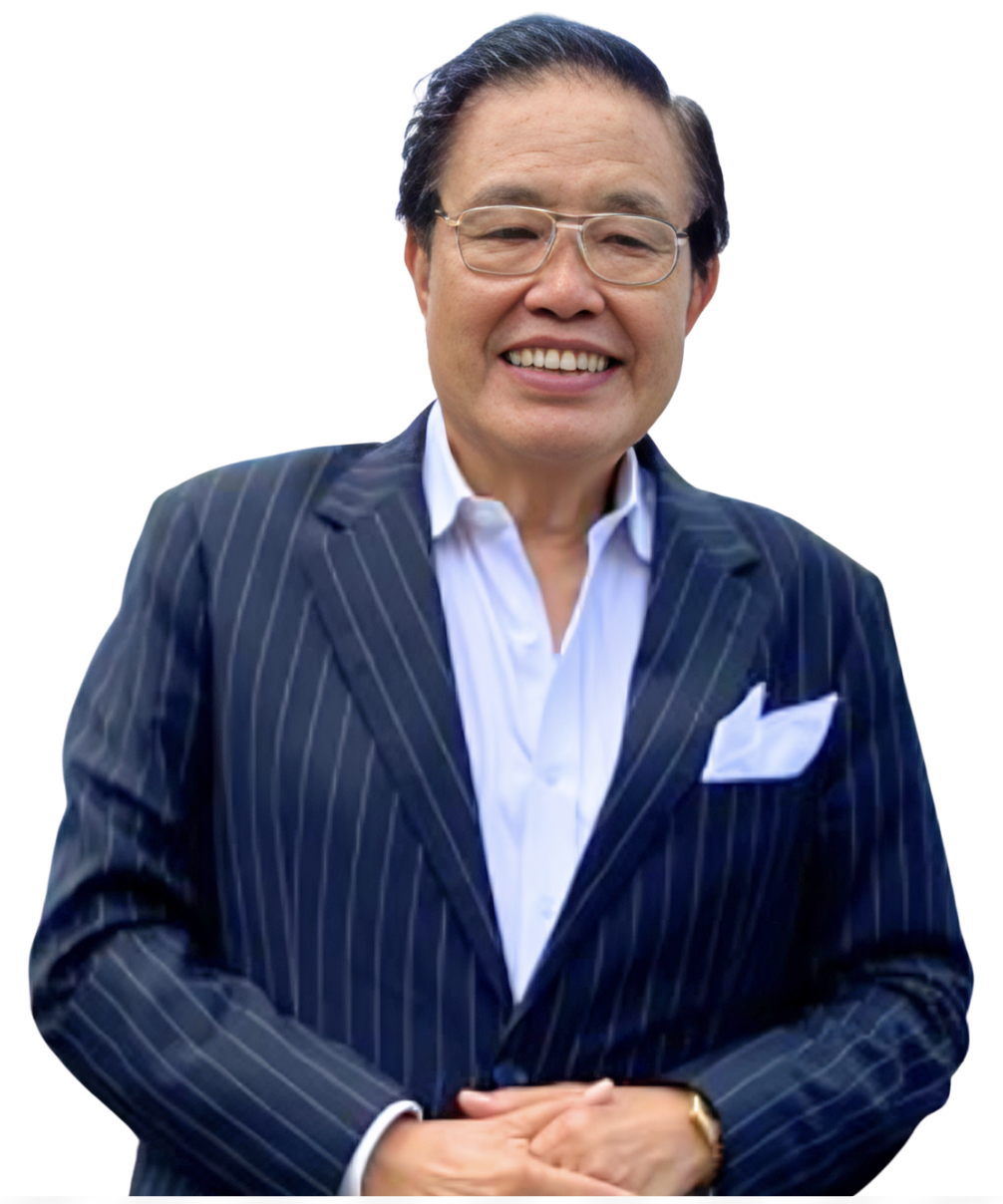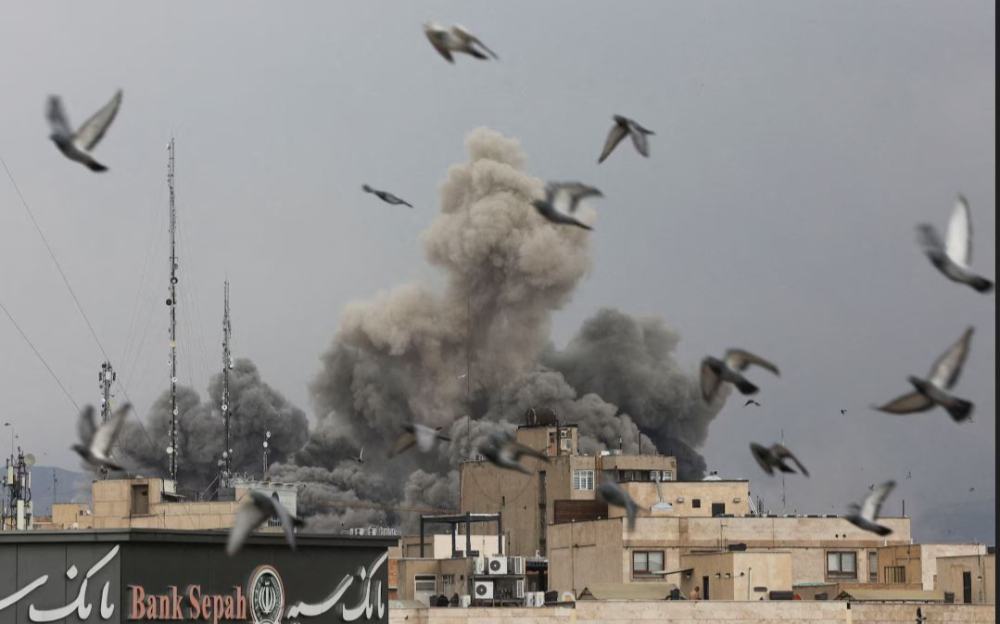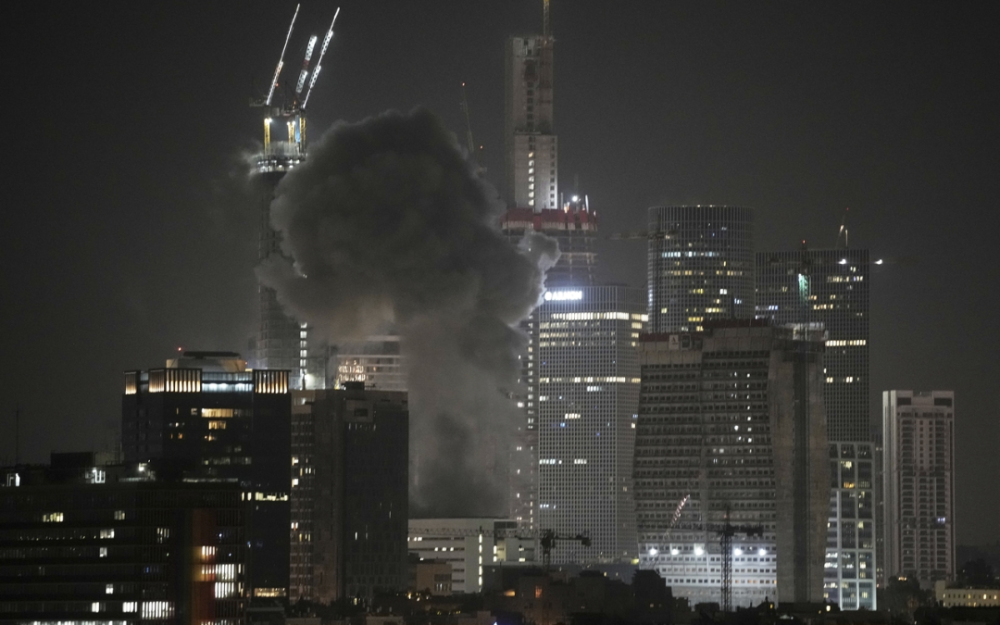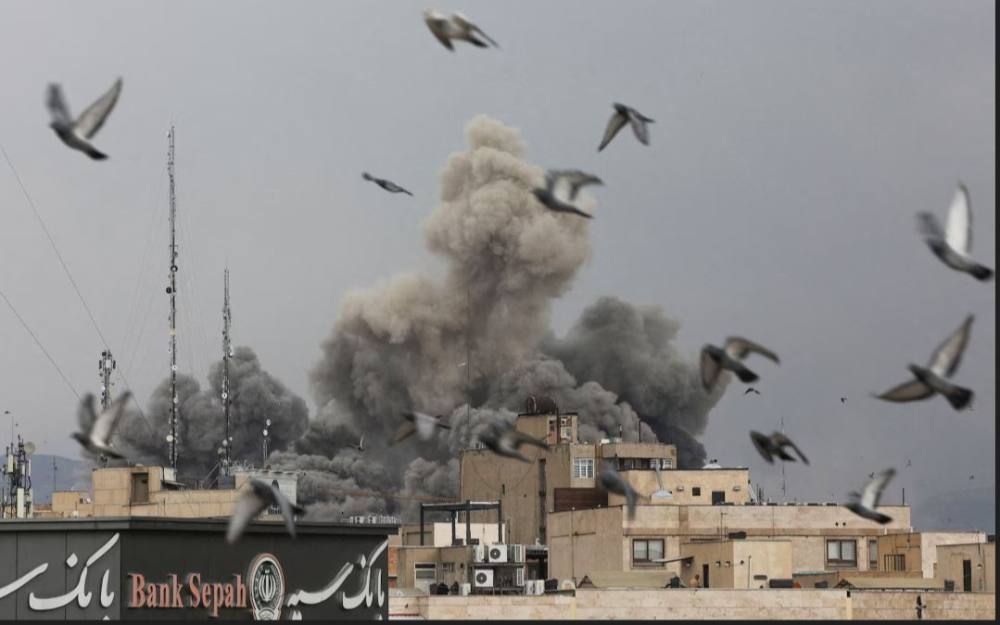美国参议员被上手銬事件:民主与权力的激烈交锋
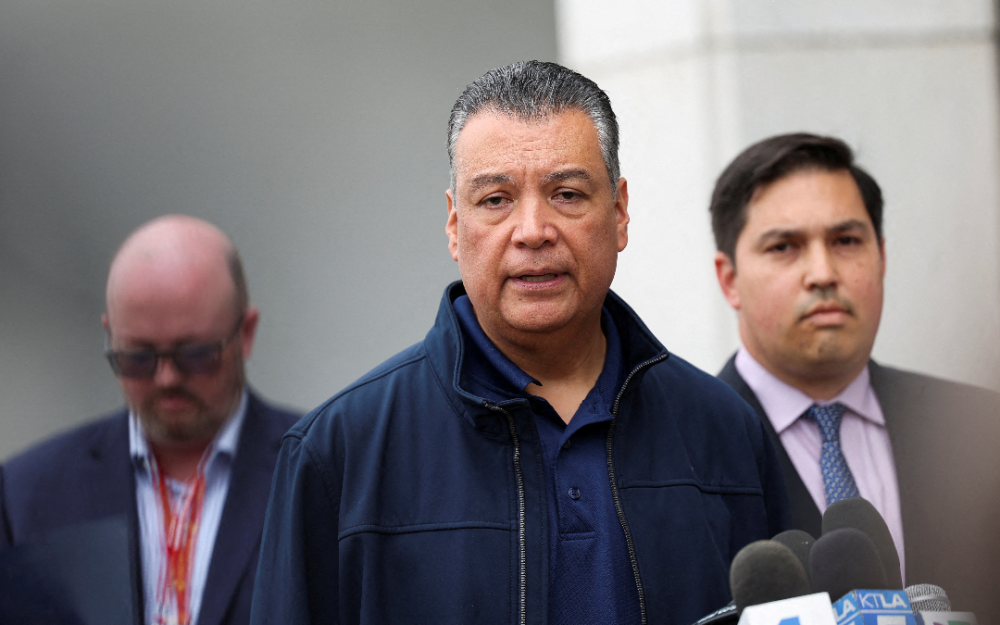
美国参议员被上手銬事件:民主与权力的激烈交锋
2025年6月12日,美国政坛爆出震撼性事件——加州联邦参议员亚歷克斯·帕迪利亚(Alex Padilla)在洛杉磯参加国土安全部的记者会时,因试图中断发言并提出质询,却在未佩戴参议员身份证明的情况下,被联邦执法人员当场制伏、压制在地并戴上手銬。儘管他随后被确认為参议员并予以释放,但这起事件迅速点燃政治风暴,民主与权力的冲突再度浮上檯面。
意图质询,却遭强制压制
这场记者会由国土安全部长克莉丝蒂·诺姆(Kristi Noem)主持,主题為南加州地区的移民执法行动。帕迪利亚当时并未预定发言,但他站起来试图质询部长,称「人民有权知道」,并希望為当地移民社群发声。然而,由於他未佩戴参议员的安全胸章,也未立即表明身份,现场安保人员依照标準程序予以驱离。
过程中,帕迪利亚被数名特勤局及国土安全官员按压在地,强行上銬并带离现场,现场媒体与社群平台迅速流出画面,引起舆论譁然。数分鐘后,他的身份被确认,随即被释放。
民主党强烈谴责:践踏言论与民主
事件曝光后,民主党阵营群起激愤。参议院多数党领袖查克·舒默(Chuck Schumer)指出,这是对国会成员基本权利的「前所未有的羞辱」,也是对民主机制的挑战。副总统贺锦丽(Kamala Harris)也发声表示,「这不是一场误会,而是对监督制衡制度的侮辱。」
加州州长盖文·纽森(Gavin Newsom)则以「荒唐至极、宛如独裁」形容这一事件,并呼吁对安保程序展开全面调查。眾议院多名民主党人也要求国土安全部对此公开致歉。
国土安全部与共和党辩护:依法执行职责
相对地,共和党人士与国土安全部门则表示,帕迪利亚的举止「突兀且未经通报」,未配合安保指示。在现场情况紧张、涉及国安风险的背景下,安保人员依法行事,无违程序。眾议院议长麦克·强生(Mike Johnson)更指责帕迪利亚「藉机扰乱记者会」,并表示「国会议员不应以职权為盾干扰联邦部门运作」。
事件背后的更大担忧
这场风波并非单一执法纠纷,它映射出美国当前政治极化与移民议题的高度敏感。帕迪利亚作為第一位出任参议员的拉丁裔加州人,一直积极為移民发声。此次事件发生在洛杉磯大规模移民拘留与驱逐行动期间,引发社会各界对执法正当性与少数族裔人权的广泛关注。
此外,这也突显出联邦行政部门与立法机构之间的权限边界问题。当一位参议员因「未配证件」而遭武力制伏,社会不禁要问:美国民主制度中的制衡精神,是否正被逐步削弱?
结语:民主的警鐘再度敲响
帕迪利亚事件不只是一起现场安保的冲突,它如同一记警鐘,敲响在美国民主体制的门前。在这个政治对立愈演愈烈的时代,对话与制度尊重更显珍贵。是时候重新审视:在保护国家安全与保障民选官员行使职权之间,该如何取得真正的平衡?
U.S. Senator Handcuffed At DHS Event: A Clash Between Power and Democracy
On June 12, 2025, a dramatic and deeply symbolic incident unfolded in Los Angeles: U.S. Senator Alex Padilla of California was forcefully removed from a Department of Homeland Security (DHS) press conference, wrestled to the ground, and handcuffed by federal agents. His offense? Attempting to ask a question without wearing his Senate identification badge. Though he was quickly released after his identity was confirmed, the incident ignited a political firestorm and raised troubling questions about civil liberties, executive power, and the state of American democracy.
A Senator Silenced
The DHS press conference, led by Secretary Kristi Noem, was focused on recent federal immigration raids in Southern California. Senator Padilla, known for his advocacy on behalf of immigrant communities, stood up during the event to demand accountability, reportedly saying, “The people have a right to know.” However, without a visible Senate ID and failing to comply with security commands, he was treated as a potential threat. Federal officers tackled him to the ground and placed him in handcuffs.
Videos of the incident spread rapidly online, capturing the moment a sitting senator—an elected representative of nearly 40 million Americans—was restrained on camera. Within minutes, his identity was verified, and he was released without arrest. But the damage had already been done.
Outrage from Democrats
Democratic leaders reacted with fury. Senate Majority Leader Chuck Schumer called the episode “an unprecedented humiliation of a sitting senator” and “a direct assault on legislative oversight.” Former Vice President Kamala Harris described it as “an affront not just to Senator Padilla, but to the principles of accountability and the separation of powers.”
California Governor Gavin Newsom denounced the event as “outrageous and authoritarian,” and demanded a full investigation into DHS protocols. Democratic members of both chambers demanded a public apology from the department and accountability for those involved.
Defenders Say: Just Following Procedure
In contrast, DHS and Republican officials defended the actions of the security team. According to official statements, Padilla had not identified himself properly and was acting in a way deemed “disruptive and potentially threatening” in a high-security environment.
House Speaker Mike Johnson supported DHS, saying, “Senator Padilla disrupted a lawful federal event. No one is above the law—not even a senator.” DHS officials maintained that their response followed standard procedures, emphasizing that security could not take chances in the current climate of heightened threats.
A Deeper Conflict
This was more than just a security miscommunication. Padilla, the first Latino senator from California, was attempting to question federal actions impacting immigrant communities—an issue that has become increasingly divisive in American politics. His treatment raised alarms about the militarization of federal spaces and the shrinking space for dissent—even from elected officials.
The event also underscores an alarming erosion in the boundaries between the executive and legislative branches. If a senator can be forcibly silenced for attempting to exercise oversight, what does that say about the health of America’s democracy?
Conclusion: A Warning Bell for American Democracy
Senator Padilla’s handcuffing is not just a political scandal—it’s a constitutional wake-up call. In a time of rising authoritarian tendencies and deepening polarization, this incident forces the nation to confront a vital question: how do we preserve the balance between national security and democratic accountability?
This moment should not pass in silence. It demands scrutiny, reflection, and ultimately, reform—because a democracy that cannot tolerate questioning from its own senators is a democracy in danger.


